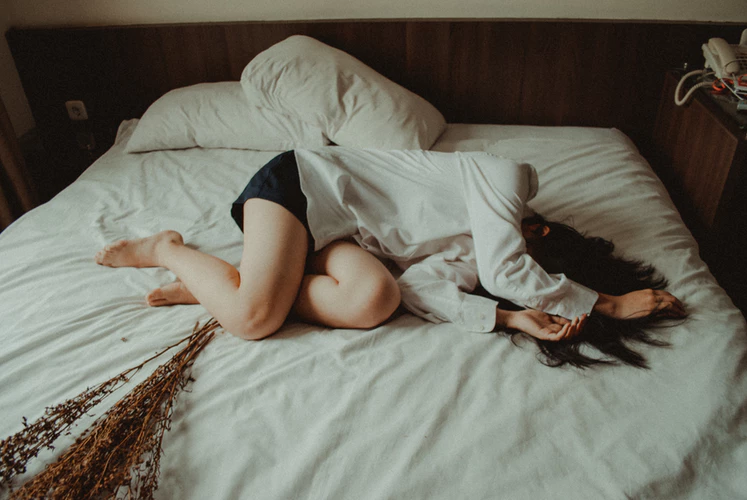College students have a lot of things going on in their life, but there is one thing that is certainly not on their priority list, and that is getting enough sleep. Although sleep is essential, many students are going sleep-deprived through their college years. It may seem like they are handling it pretty well, but that is just because the long-run consequences did not start showing up yet.
Sleep problems in college students are pretty much neglected because many believe that they are almost a mandatory part of students hectic lifestyle and that once those years are over, everything will fall back into its place, including their sleep routine. Which can be true in some cases, but in others, sleep issues can lead to more serious mental health problems.
Sleep Deprivation
Almost every student has experienced sleep deprivation at some point of its college life, but for some of them, it has become a part of their lifestyle. Does staying up late to catch up with previous lectures, and then getting up after 3 or 4 hours to go to classes with greyish undereye circles, sound familiar?
Lack of sleep leads to many problems that can impair students cognitive and physical performance in college. Undergraduates are particularly sensitive because they are still considered as adolescents, at least those between 18 and 21 years old. In this period, they are still growing, and going through specific biological changes; hence, their body needs enough restorative sleep.
Besides that, sleep is essential for their academic performance. Many studies have been conducted to prove that poor sleep quality can be related to bad grades. Staying up late to study one night before the exam is not going to help much, because your academic success depends on how consistent you are, with studying and sleeping. The sooner the students realize that the sooner will their grades and sleep improve.
Why College Students Sleep Less
The thing that many students forget is that they are going to college to study and get a degree, that should be their main priority. So what obstacles often get in their way of studying and sleeping regularly?
- Freedom. Many college students have to move away from their parents, and suddenly they experience an enormous amount of freedom to do anything they want. This leads to inconsistency in sleeping habits and studying.
- Roommates. Living with one or more people can be fun, but it can also turn into a nightmare. If you and your roommates are not on the same page, their habits and lifestyle can become your biggest sleep disruptor.
- Stress. If you are trying to balance your dating life with studies, and at the same time to earn some pocket money, attend classes and maintain your social life alive, you are probably pretty much stressed all the time. In these situations, students sacrifice their sleep to get everything done.
Mental Health Problems Among College Students
You may be surprised how strong is the connection between poor sleep and mental health problems among young people. Many overlook this connection or do not even recognize the symptoms and the severity of their case until the situation gets more severe and harder to treat. College is not all fun and games for every student since many are having a tough time to deal with all the changes. Hence the number of mental health problems among college students are numerous, but here, we are going to focus on the most common ones.
- Anxiety. Students have a lot going on their mind. They are getting out of their comfort zone, tend to overthink and worry too much, and this all catches up with them at night. Students who are also dealing with insomnia have a higher risk of anxiety because lack of sleep hinders their ability to think rationally.
- Depression. This is another almost epidemic problem running among college students. There are many reasons why students can get depressed, some of them are homesick, some have failed an exam for the first time, got into a fight, got dumped by their partner, etc. Poor sleep only makes these negative feelings stronger and puts students into a vicious circle of sleep deprivation and depression.
- Eating disorders. Bad sleep habits are also putting our eating habits out of control. There are no regular, well balanced healthy meals. Instead, students rely on high carb junk food, which does not require cooking or cleaning. Late-night snacks and fast food can quickly turn into addiction because many students find comfort and escape from their problems in overeating.
- Suicide. The leading cause of death among college students in the US is suicide. Unfortunately, some of these young people cannot see the way out of their problems, which are usually not so significant or unsolvable. Sleep disorders such as insomnia or nightmares are increasing the risk of suicidal thoughts, and they do not necessarily need to be connected to depression.
Regardless of how insignificant your sleep problems may seem, it is essential to be aware of them and to try establishing a healthy and consistent sleep routine. If you think you might have some mental health problems, consider contacting your local student health center, or seek counseling.
For more great tips about college life, check out the other blogs on College Basics.







